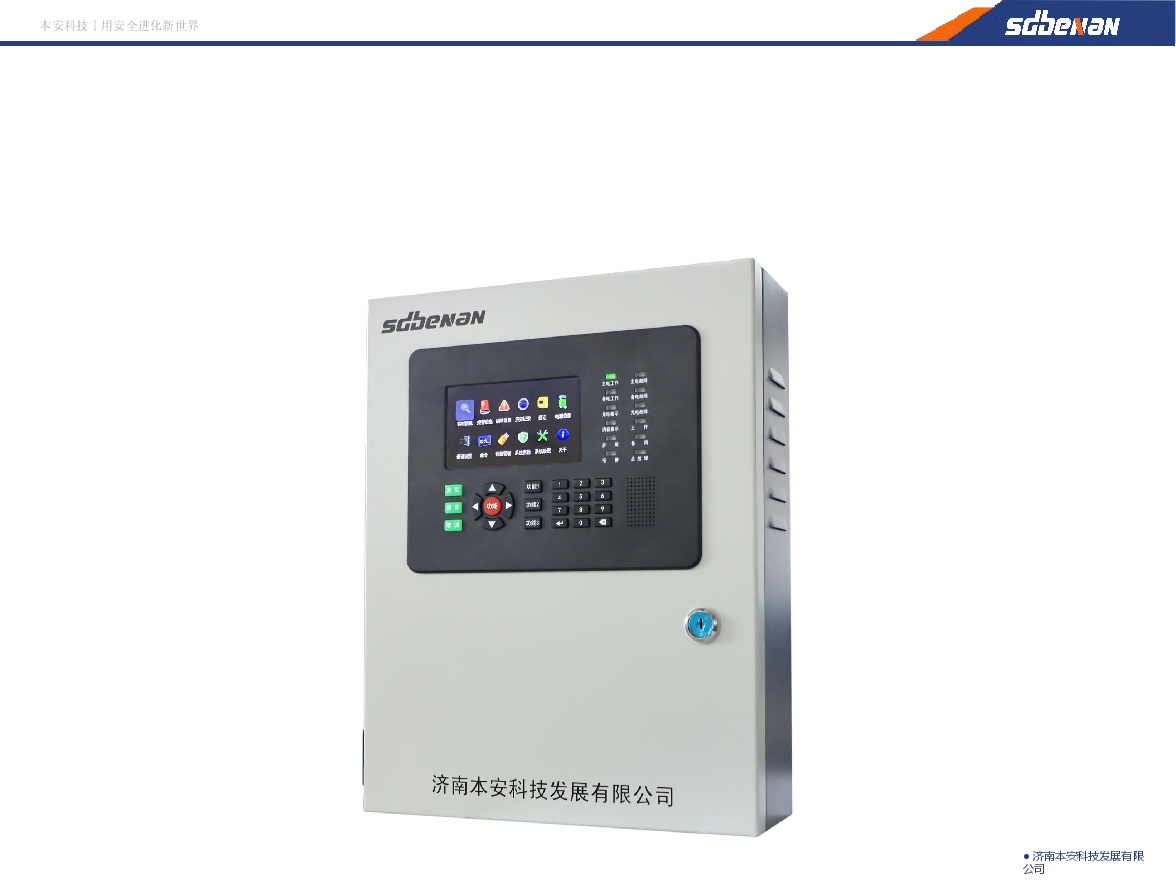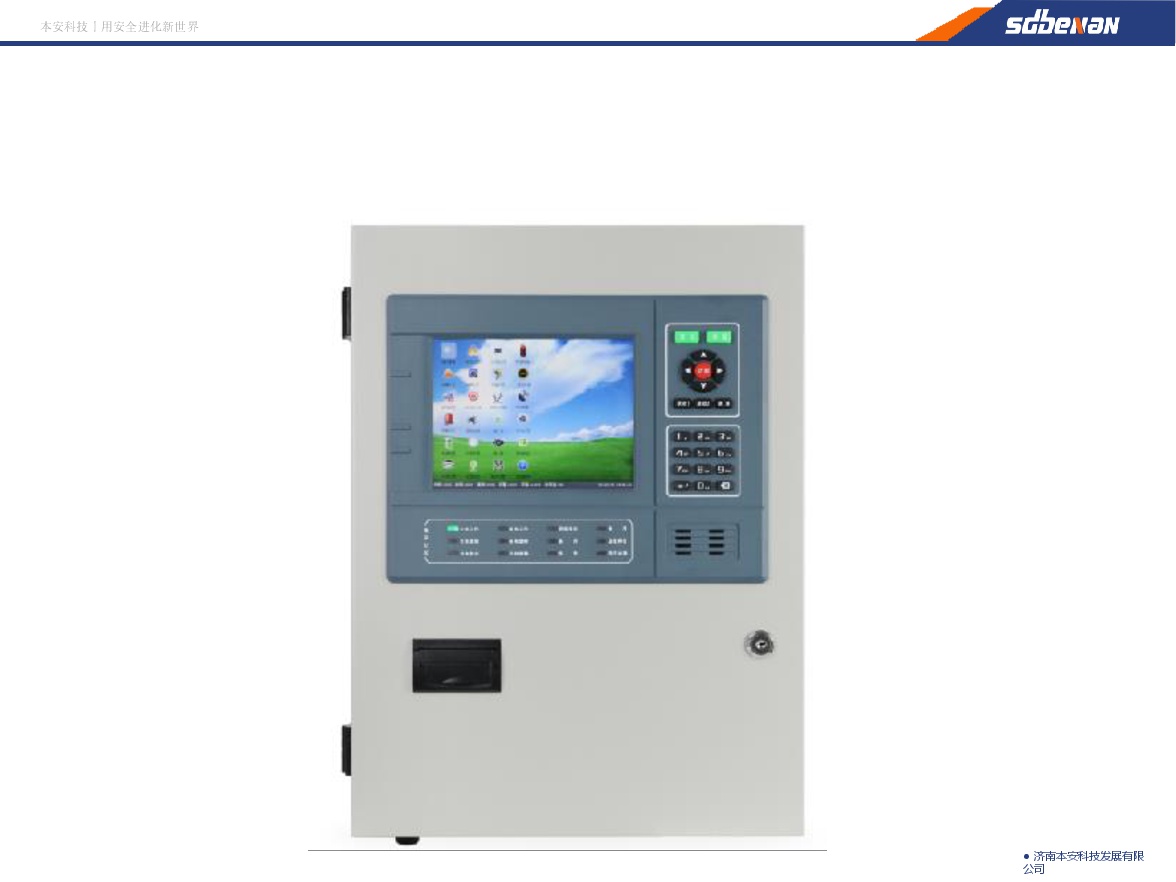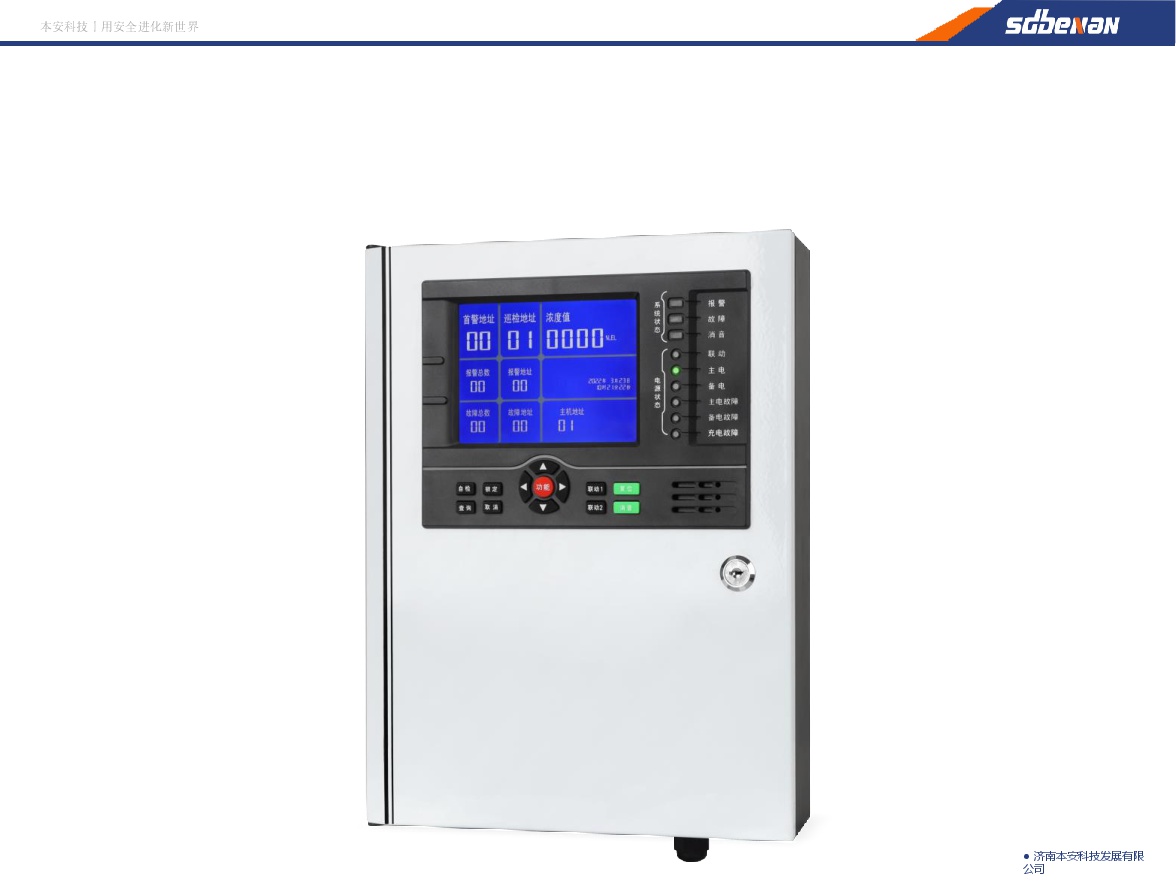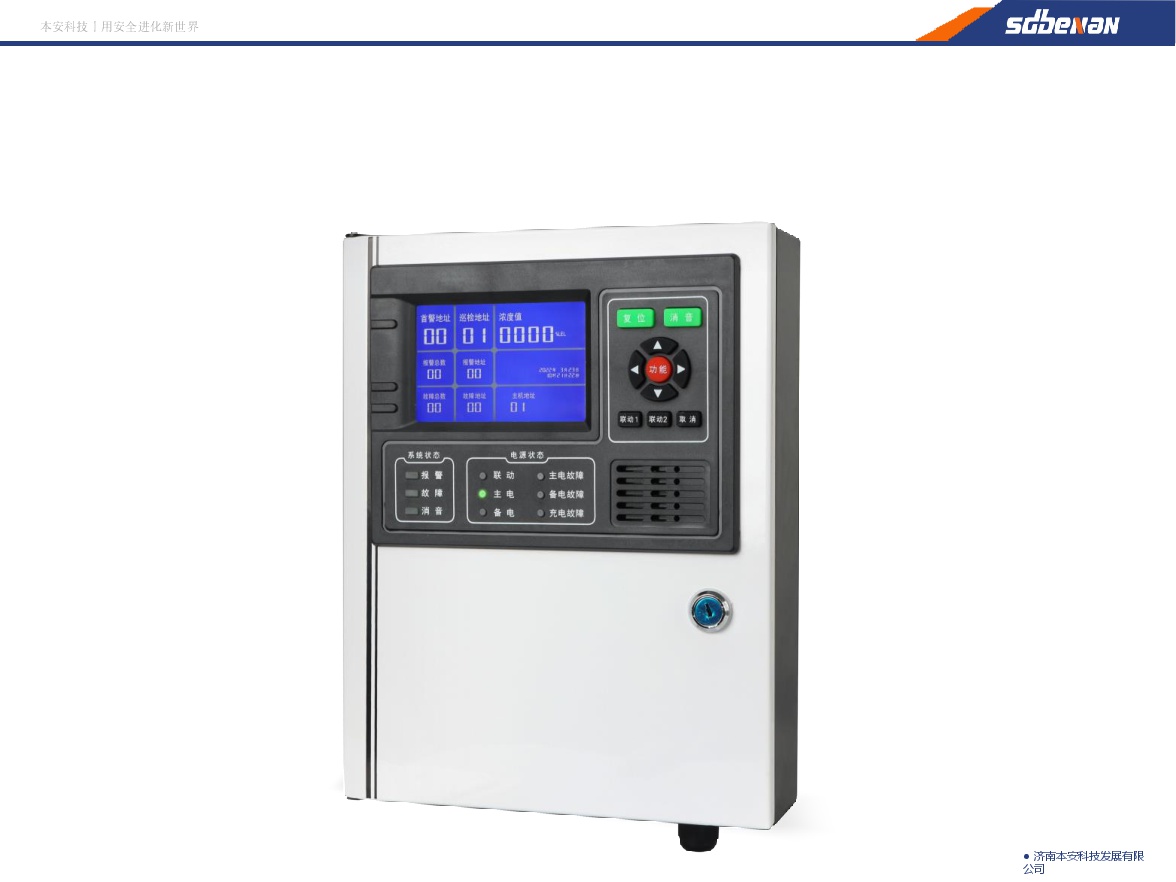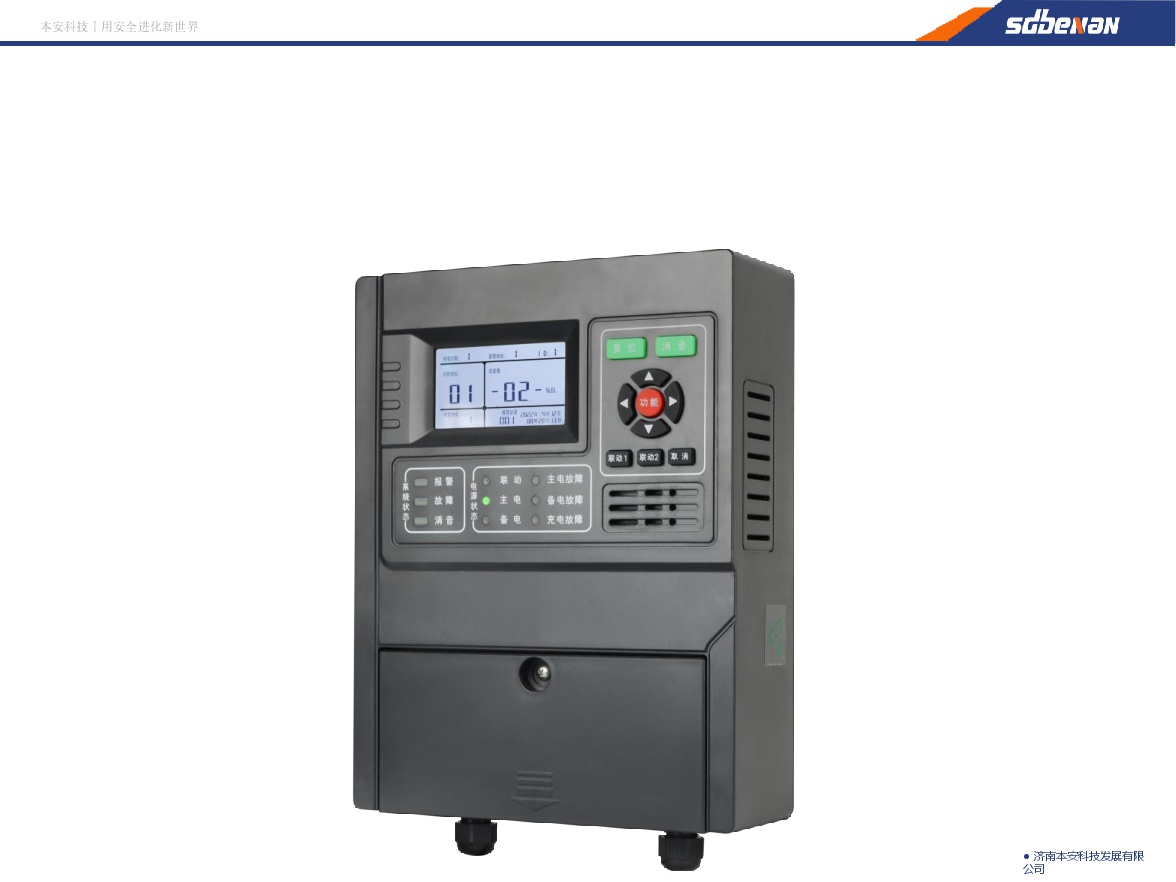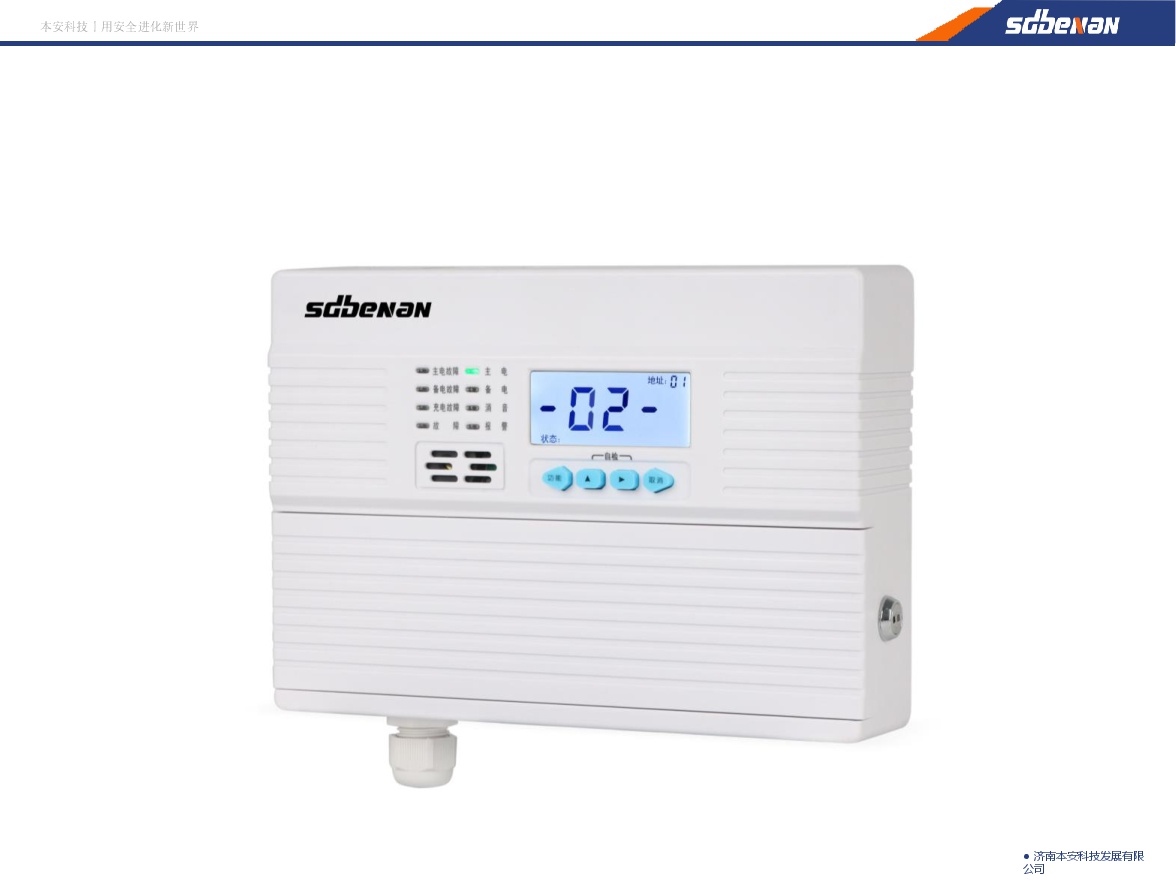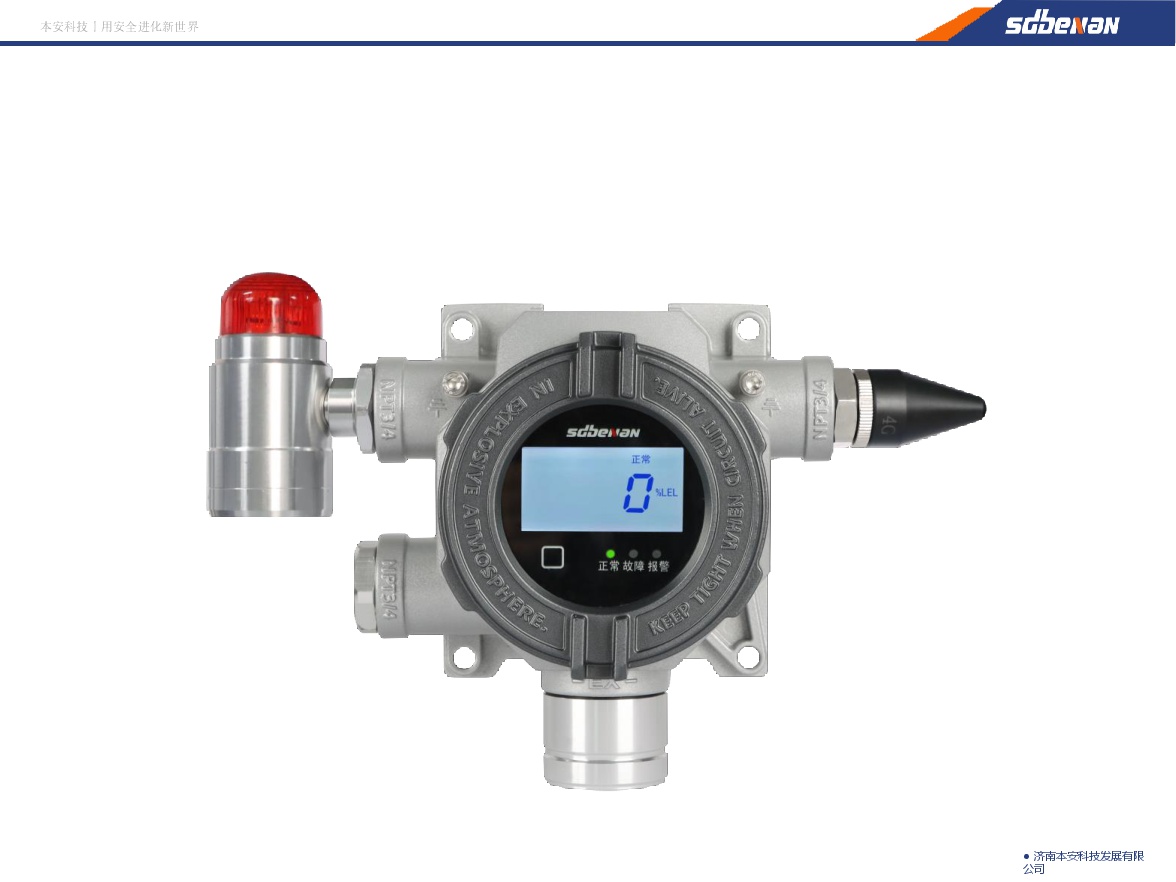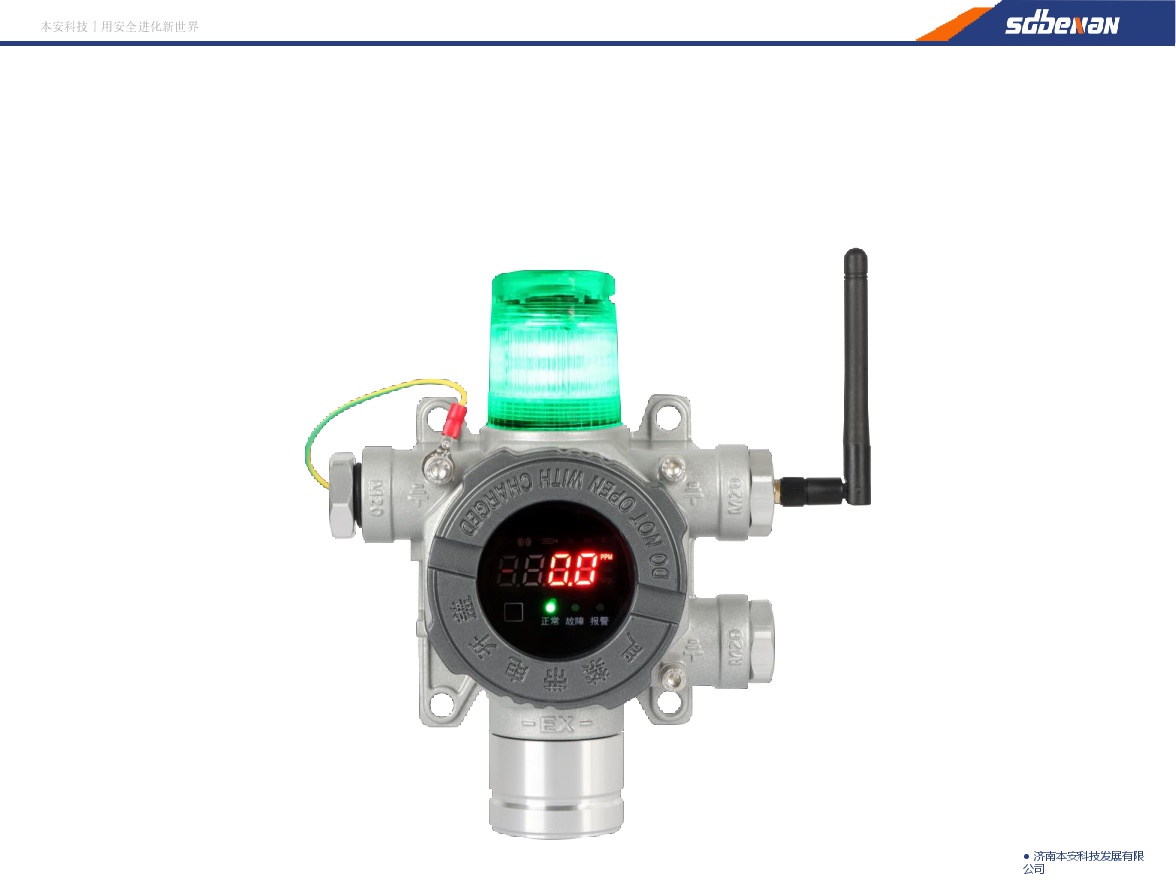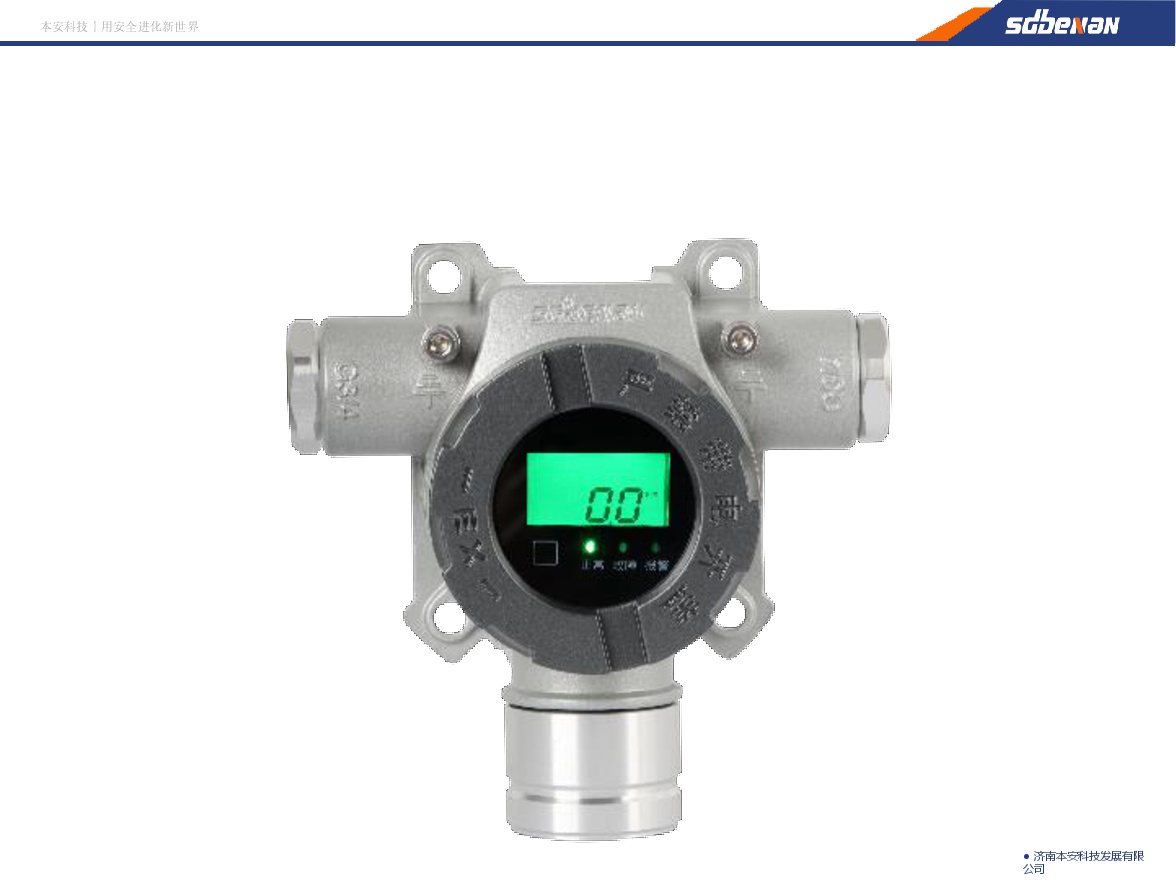Wedoany.com Report-Apr. 15, Thailand plans to reduce tariffs on corn imports from the United States, though the specific volumes are yet to be determined, Finance Minister Pichai Chunhavajira announced on Friday. This decision aims to address the country’s agricultural needs while maintaining balanced trade relations.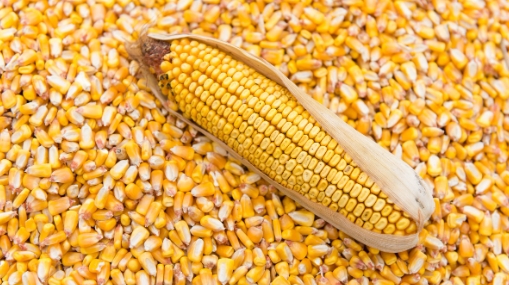
Thailand consumes approximately 9 million metric tonnes of corn each year, importing 4 to 5 million tonnes to meet demand. According to Pichai, U.S. corn offers a cost advantage: “The cost of American corn is cheap, making the cost of our animal feed lower.” Currently, U.S. corn faces a 73% import tax, as reported by the Thai Feed Mill Association. Lowering tariffs could reduce expenses for animal feed production, benefiting local industries.
Before finalizing import volumes, officials will evaluate their economic impact to ensure benefits for Thailand. Pichai emphasized fairness in trade policies: “We give equal treatment to all. If we give others 5%, then we give America 5%. If we give others 0% then we give America 0%. We will not be disadvantaged.” This approach reflects Thailand’s commitment to equitable trade practices.
The minister also outlined broader trade considerations, including the possibility of eliminating tariffs on other agricultural products and increasing natural gas imports. Additionally, Thai Airways is exploring the purchase of aircraft from Boeing. However, there are no plans to import U.S. pork, as it could harm local producers, Pichai noted.
Thailand’s trade relationship with the United States is significant, with the U.S. being its largest export market last year, representing 18.3% of total shipments valued at $54.96 billion. The U.S. has reported a trade deficit of $45.6 billion with Thailand. Amid global trade shifts, including a 90-day pause on U.S. tariffs, Thailand is carefully assessing its options. Pichai stated: “We have plans prepared, but are not disclosing them. We are not idle.”
The government is also exploring enhanced cooperation with the U.S. in energy investments. Pichai expressed hope for upcoming discussions with U.S. officials to ensure Thai exporters remain competitive: “We are assessing the reaction of other countries and nothing was set in stone.” These efforts highlight Thailand’s proactive approach to maintaining economic stability and fostering mutually beneficial trade ties.
